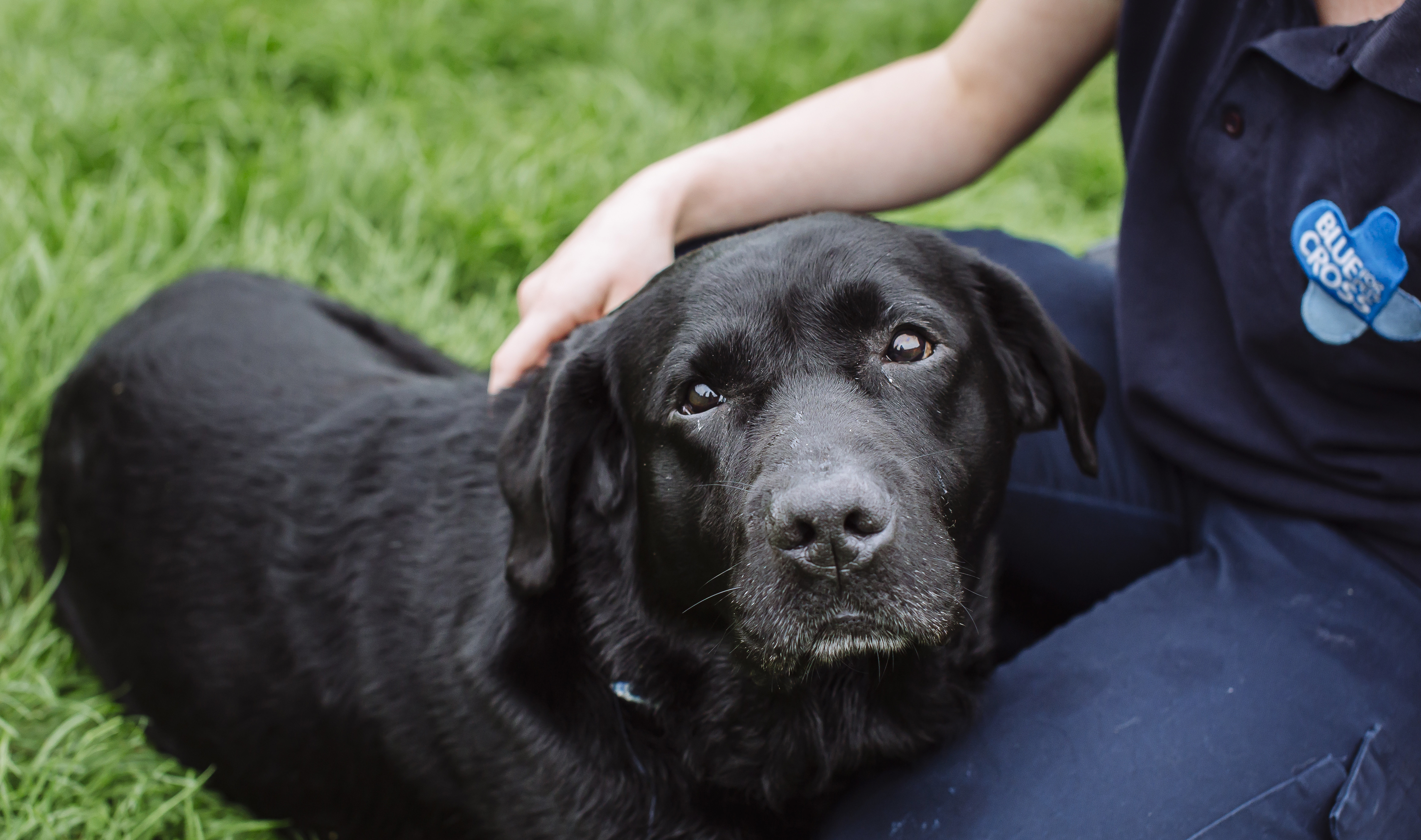
What to do if your dog has a behaviour problem
Each dog is an individual and every single one has their own personality quirks. It’s what we love about our dogs! But what should you do if your dog’s behaviour becomes a problem?
Just eight per cent of people have sought pet behaviour advice from qualified behaviourists. And with the lockdown bringing less access to vets and official pet trainers, we’re worried that people are turning to the wrong sources when seeking advice. For example, 22 per cent have taken advice from YouTube channels and TV programmes.
The support you’ll need will depend on the type of behaviour problem you’re experiencing.
Support with dog training issues
Every owner has their own expectations of how they wish their dog to behave, and a limit to what they find acceptable. Some owners are perfectly happy to allow their pet to relax on the sofa or dig a few holes in the garden, but other owners would be shocked at the very idea. Common problems that can usually be resolved through training and consistency include:
- jumping up
- pulling on the lead
- running off and not responding to recall
- not understanding your house rules, for example jumping up on the sofa when you’d rather they use their bed
Some behaviours that are a completely normal part of a puppy’s development include:
Common behaviour problems in puppies and adult dogs include:
- mild separation issues. There are steps you can take to help prepare your dog for being left alone.
- barking too much or too often. Dogs bark for a number of reasons, including as a normal part of communication. But if they bark too much or at other pets or people, it can become a problem behaviour.
Help from a qualified dog trainer can really help to manage or resolve the problem. If you have tried to resolve your pet’s problem through training and you’re not seeing any improvement, speak to a qualified behaviourist.
Support with serious dog behaviour problems
Serious behaviour problems generally need professional support to help resolve them. These may include:
- aggression to people, dogs or other animals
- separation anxiety
- noise phobias
- compulsive behaviours
What to do if you’re worried about your dog’s behaviour
- If your dog’s behaviour has changed, book an appointment with your vet. Pain is a common reason why your dog’s behaviour may have changed (especially if your dog has suddenly shown aggression) and a medical issue may be the cause.
- If your vet rules out a medical condition as the cause, they will refer you to a qualified behaviourist who can help with your pet’s behaviour issue.
Problems are easier to solve when you seek help early as a dog’s behaviour can become worse the longer an issue goes unresolved. We recommend contacting a qualified behaviourist or trainer through your vet or the Animal Behaviour and Training Council (ABTC).




